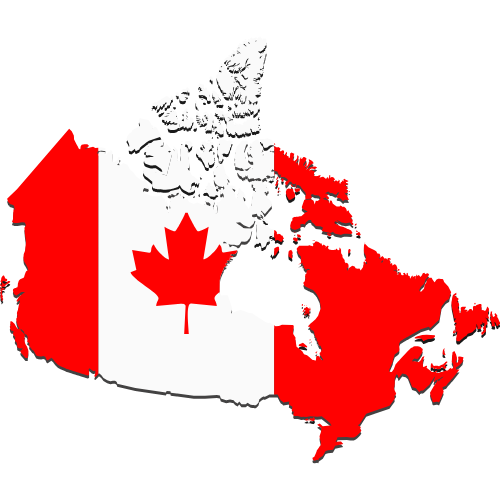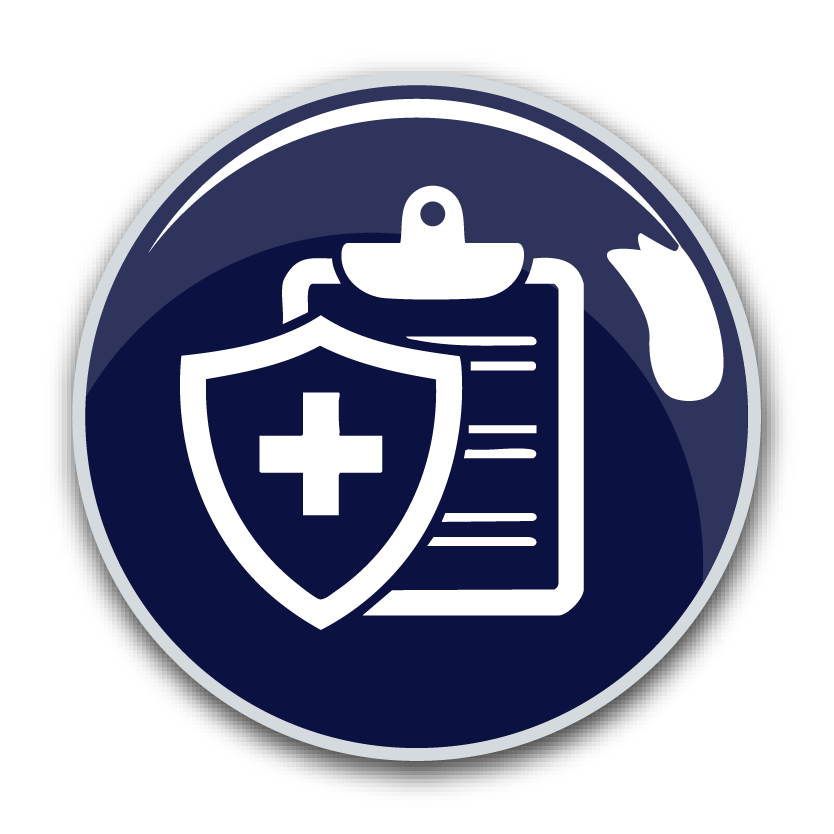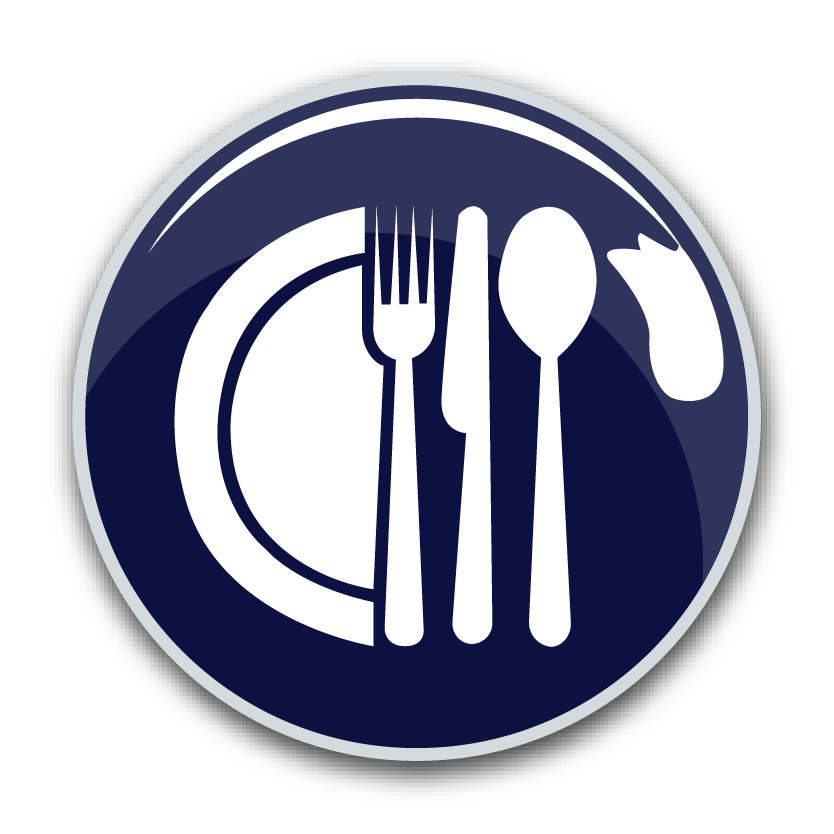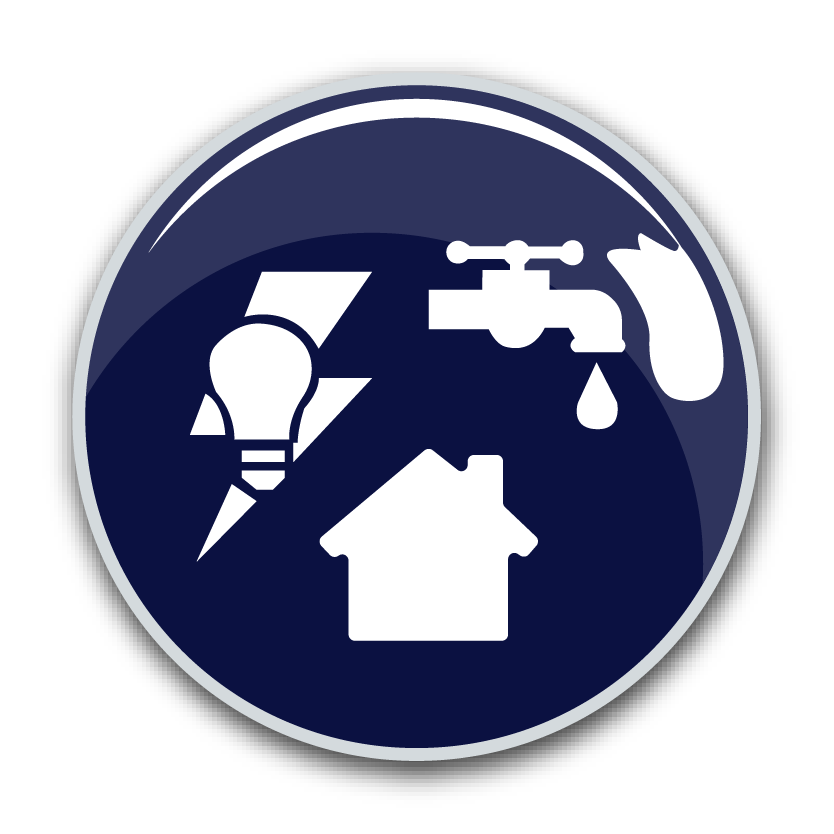
Study in Canada
Canada offers world-class education in a diverse, welcoming environment. With top universities and innovative programs, it's the ideal place to shape your future....


Canada offers world-class education in a diverse, welcoming environment. With top universities and innovative programs, it's the ideal place to shape your future....

Capital
Total International Students
Average Tuition Fees
Number of Universities
Employment Rates
Official Language
Popular Industries
Accommodation
Scholarships
Cost of Living
As much as it is a study of Canada to acquire a degree, studying in Canada is also about belonging to an academic community that is multicultural and globally accepted. Universities in Canada are always in the top of the international universities and they provide a good climate to international students with their new campuses and a quality academic system. And here is why Canada is one of the best countries to go to higher education:Global Recognition & Academic ExcellenceIt has some of the best ranking universities in the world such as University of Toronto, McGill University and the University... Read More
Canadian universities are known for their research-based programs and global recognition, giving graduates a strong foundation for successful careers.
Canada’s Post-Graduation Work Permit (PGWP) allows international students to work for up to three years after graduation, gaining valuable experience and a path to Permanent Residency (PR).
Studying in Canada is more affordable than in the U.S. or U.K., especially with lower living costs. Many Canadian schools offer grants and scholarships for international students.
Canada is actually among the most multicultural and hospitable nations of the world. All students are safe and feel part and welcome. There are big global communities on campus, diversity and inclusion festivals, and resources on our campus.
Canada offers a wide range of programs across 90+ universities, including tech, business, arts, health, and environmental studies, with options for co-op, research, and hands-on training.
Canada offers excellent living conditions with clean cities, beautiful nature, top medical care, and low crime. Students enjoy a balanced lifestyle with access to world-class education and a safe, thriving environment.
Some admission requirements for studying in Canada
| Study Level | Minimum Academic Requirement | Entrance Exams Required | Language Proficiency | Other Requirements |
|---|---|---|---|---|
| Bachelor’s (UG) | 60–70% in 12th grade | Usually None (SAT optional) | IELTS 6.0–6.5 / TOEFL 80–90 | SOP, LOR, Passport |
| Master’s (PG) | Min. 3.0 GPA or 60–70% in UG | GRE/GMAT (Some courses) | IELTS 6.5–7.0 / TOEFL 88–100 | SOP, LORs, Resume, Passport |
| PhD | Master’s in relevant field | GRE (Some programs) | IELTS 7.0+ / TOEFL 100+ | Research Proposal, Supervisor Consent |
| Diploma | 50–60% in Class 12 | Not Required | IELTS 6.0 / TOEFL 80 | SOP, Passport |
| PG Diploma | 50–60% in Bachelor’s | Not Required | IELTS 6.5 / TOEFL 88 | Resume, SOP, Passport |
The Canadian post-secondary education covers undergraduate (bachelors) graduate (masters) and doctoral (PhD) studies. There are also diplomas, certificates or post graduate diplomas that are offered to students depending on their future objectives and past degree. All the levels are well outlined and controlled among provinces.
In Canada, most universities work on the credit basis, meaning that to graduate a student has to finish a specified amount of credits. Every course has a credit value introduced in contact hours, and thus students design their degree course plan with a major, minor and electives.
Even though there is a standard academic year in Canada, which starts in September and ends in April and is divided into two semesters (Fall and Winter), it hardly applies to the private school system that is governed by the school calendar. Other institutions also have a Spring/Summer semester between May and August and these can be used to recoup what was behind or speed up graduation.
Canadian education involves interactive learning. Tutorials, labs, group work, presentations and lectures are usually integrated. The students are guided to engage in discussions, critical thinking, and teamwork in research whereby both socio emotional and educational growth are made.
Canadian universities are research and development leaders in the global context (especially in areas, such as AI, biotechnology, clean energy, and health sciences). It also enjoys government support with industry partnership through hands-on research opportunities provided to graduate and PhD students.
Some universities have co-op designs, where academics are combined with a paid work placement in an appropriate industry. This allows the students to have real world experience, develop networks and tends to give them job offers after their graduation.
The Canadian system of education is provincial - not federally controlled. Although the standards can be uniform across the country, the curriculum, grading scale and funding may have minute differences across provinces such as Ontario, British Columbia and Quebec.
A majority of universities have a grade point average (GPA) system of usually a 4.0 scale. Grade points are assigned to letter grades (A+, A, B, etc.). In Quebec and some other institutions, percent-based grading or some other scale may be utilised.

E) and police clearance certificate (if applicable)

| University Name | Rank | City | Courses |
|---|---|---|---|
| University of Toronto | #1 | Toronto, ON | Computer Science, Engineering, Business, Medicine |
| McGill University | #2 | Montreal, QC | Law, Life Sciences, Management, Arts |
| University of British Columbia (UBC) | #3 | Vancouver, BC | Forestry, Environmental Sciences, Business, CS |
| University of Alberta | #4 | Edmonton, AB | Energy Engineering, Nursing, Agriculture |
| Université de Montréal | #5 | Montreal, QC | Biomedical Sciences, Arts, Linguistics |
| McMaster University | #6 | Hamilton, ON | Health Sciences, Engineering, Business |
| University of Waterloo | #7 | Waterloo, ON | Software Engineering, Math, AI, Data Science |
| Western University | #8 | London, ON | Finance, Law, Psychology, Medical Sciences |
| Queen’s University | #9 | Kingston, ON | Commerce, Political Science, Engineering |
| University of Calgary | #10 | Calgary, AB | Petroleum Engineering, Public Health, Law |
From student visas to intakes and job prospects—here’s everything you need to know before you apply.

The study permit is a vital document in Canada that an international student would require should he intend to study in Canada not less than six months. It also enables you to study in specific learning institutions and it is not a normal visitor visa.

To get a study permit, you need an acceptance letter from a recognized Canadian university, proof of fees, a clean record, and a medical exam. These conditions ensure compliance with academic and health regulations.

Required documents include a valid passport, acceptance letter, proof of funds, passport photos, SOP, and an Immigration Medical Exam. Ensure all documents are current and properly prepared.

Applicants must show proof of funds to cover tuition, accommodation, and living costs, via bank statements, financial aid, or a Guaranteed Investment Certificate (GIC).

The visa process can be done online or at a VAC. Submit documents, pay the fee, and attend the biometric appointment. Processing time varies by country and application volume.

Canada offers two visa streams: the Student Direct Stream (SDS) for faster processing, ideal for top universities, and the non-SDS for all other applicants, with fewer requirements.

Valid study permits allow students to work part-time (20 hours/week) and full-time during breaks, helping cover costs and gain valuable Canadian work experience.


The Fall session is the most common in Canada, offering a wide range of programs, scholarships, and internship opportunities, making it the best time to study and secure funding.

Winter intake offers a second chance for students who missed Fall, with fewer courses available. It’s ideal for those needing more preparation time or who applied late.

Summer intake offers mostly short-term, diploma, or language courses, with fewer full-time degree options. It's ideal for bridging programs or mid-year starts.


Average Salary: CAD 75,000 – 100,000/year

Average Salary: CAD 70,000 – 90,000/year

Average Salary: CAD 60,000 – 85,000/year

Average Salary: CAD 75,000 – 110,000/year

Average Salary: CAD 70,000 – 95,000/year

Average Salary: CAD 65,000 – 90,000/year

Average Salary: CAD 75,000 – 100,000/year

| Degree | Minimum Fees | Maximum Fees | Average Fees |
|---|---|---|---|
| Computer Science / IT | 15,000 | 55,000 | 35,000 |
| Nursing | 16,000 | 40,000 | 28,000 |
| Finance / Business | 13,000 | 45,000 | 29,000 |
| Marketing | 12,000 | 38,000 | 26,000 |
| Civil Engineering | 18,000 | 50,000 | 34,000 |
| Data Analytics / Data Science | 17,000 | 48,000 | 32,000 |
| Human Resource Management | 12,500 | 35,000 | 24,000 |
| General Management / MBA | 25,000 | 65,000 | 40,000 |
| Scholarship Name | Application Deadline | Maximum Amount Award | Application Portal Link |
|---|---|---|---|
| Vanier Canada Graduate Scholarships | 2025-11-30 | 50000 | Apply Here |
| Lester B. Pearson International Scholarship | 2026-01-20 | 50000 | Apply Here |
| Canada Graduate Scholarships – Master’s Program | 2025-12-31 | 17500 | Apply Here |
| Ontario Graduate Scholarship (OGS) | 2025-12-31 | 15000 | Apply Here |
| University of Calgary International Entrance Scholarship | 2025-12-31 | 20000 | Apply Here |
| UBC International Leader of Tomorrow Award | 2025-12-31 | 50000 | Apply Here |
| Trudeau Foundation Scholarships | 2025-12-31 | 60000 | Apply Here |
| York University International Student Scholarship | 2026-02-28 | 35000 | Apply Here |

CAD $700 – $2,000/month

CAD $100 – $250/month

CAD $600 – $1,000/year

CAD $200 – $450/month

CAD $50 – $150/month

CAD $60 – $120/month

CAD $80 – $150/month

CAD $100 – $200/month